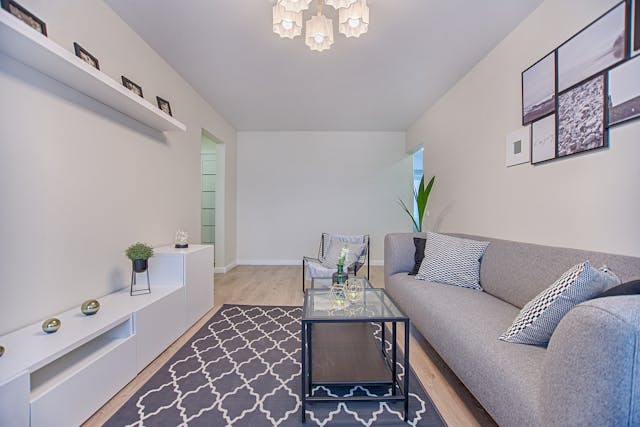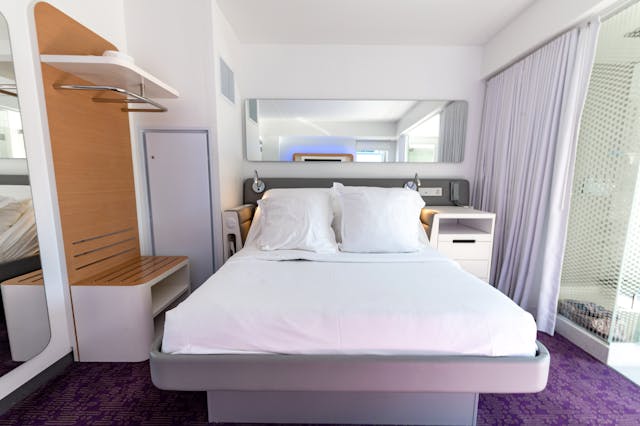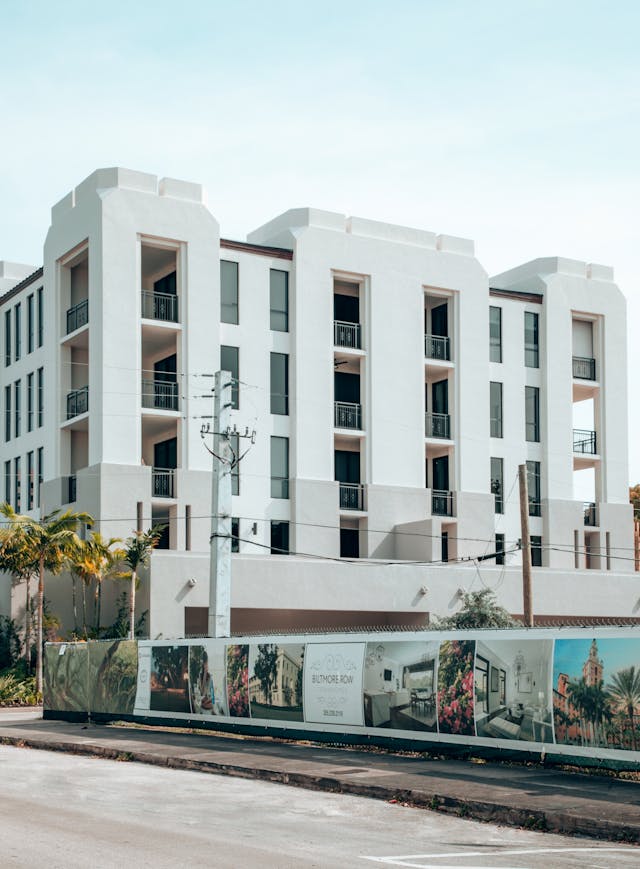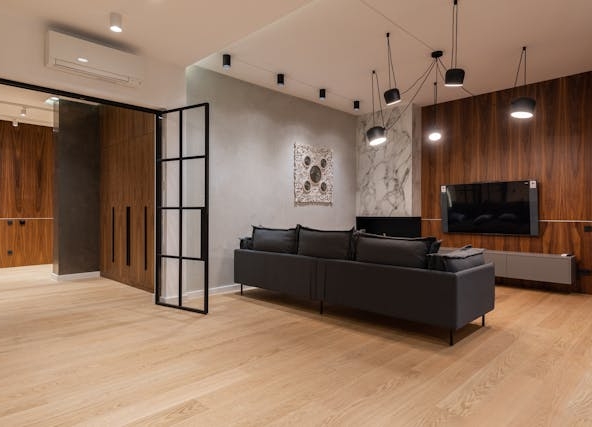Condo association regulations in Winnipeg are essential guidelines that govern the operation and management of condominium communities. These rules aim to maintain order, protect property values, and ensure a harmonious living environment for all residents.
Key Takeaways:
- Condo association regulations vary between properties but typically cover common areas, noise levels, and pet policies
- Winnipeg condo owners must comply with both provincial laws and specific association bylaws
- Understanding and following these rules is crucial for a positive living experience in a condo community
- Regulations often address parking, renovations, and rental restrictions
- Condo boards in Manitoba have the authority to enforce rules and issue fines for violations

Understanding the Basics of Condo Association Regulations
Condo association regulations are a set of rules and guidelines that govern how a condominium community operates. In Winnipeg, these regulations are influenced by both provincial laws and the specific bylaws of each condo corporation. The purpose of these rules is to maintain a pleasant living environment, protect property values, and ensure the smooth operation of the community.
The Legal Framework for Condo Associations in Manitoba
The Condominium Act of Manitoba provides the legal foundation for condo associations in Winnipeg. This act outlines the rights and responsibilities of condo owners, boards, and property managers. It also sets standards for financial management, dispute resolution, and governance of condo corporations.
Common Elements of Condo Association Rules
While each condo association in Winnipeg may have its unique set of rules, there are several common elements that most regulations address. These typically include:
- Use of common areas
- Noise restrictions
- Pet policies
- Parking regulations
- Architectural controls
- Rental and leasing policies
- Maintenance responsibilities
- Insurance requirements
The Role of the Condo Board in Winnipeg
Condo boards play a crucial role in creating and enforcing regulations within their communities. These boards are typically made up of elected condo owners who volunteer their time to manage the affairs of the corporation.
Board Responsibilities in Rule-Making
Condo boards in Winnipeg are responsible for developing and implementing rules that align with the corporation’s declaration and bylaws. They must ensure that these rules are reasonable, enforceable, and in the best interest of the community as a whole.
Enforcement of Regulations
When rules are broken, condo boards have the authority to take action. This may include issuing warnings, imposing fines, or in severe cases, taking legal action against non-compliant owners or residents. The enforcement process must be fair and consistent to maintain credibility within the community.

Common Areas and Their Regulations
Common areas in Winnipeg condos are shared spaces that all residents have the right to use. These areas often have specific rules to ensure fair use and maintenance.
Lobby and Hallway Etiquette
Regulations for lobbies and hallways typically focus on keeping these areas clean and unobstructed. Rules may prohibit leaving personal items in these spaces or hanging decorations on doors without approval.
Pool and Fitness Centre Usage
Many Winnipeg condos feature amenities like pools and fitness centres. Rules for these areas often include operating hours, guest policies, and safety guidelines. Some associations may require residents to sign waivers before using these facilities.
Landscaping and Exterior Maintenance
Condo associations usually have strict rules about the appearance of building exteriors and landscaping. These regulations ensure a consistent look throughout the property and may restrict personal gardening or decorations in common outdoor areas.
Noise and Nuisance Policies
Living in close proximity to others means that noise can be a significant issue. Condo associations in Winnipeg often have detailed policies to address this concern.
Quiet Hours and Noise Limits
Many condo buildings enforce quiet hours, typically during late evening and early morning. During these times, residents are expected to keep noise levels to a minimum to avoid disturbing neighbors.
Construction and Renovation Restrictions
Renovations can be disruptive to other residents. Condo associations often have rules about when construction work can be done and may require approval for major renovations that could affect common areas or neighboring units.
Pet Policies in Winnipeg Condos
Pet policies can vary widely between condo associations in Winnipeg. Some buildings may prohibit pets entirely, while others have specific rules about types and sizes of animals allowed.
Weight and Breed Restrictions
Many condo associations in Winnipeg place limits on the size or weight of pets allowed in the building. Some may also restrict certain breeds that are perceived as aggressive or problematic.
Pet Registration and Behavior Guidelines
Condo associations that allow pets often require owners to register their animals with the board. They may also have rules about leashing pets in common areas and cleaning up after them to maintain cleanliness and safety for all residents.
Parking Regulations and Vehicle Storage
Parking can be a contentious issue in many condo communities. Clear regulations help manage this limited resource effectively.
Assigned Parking Spaces
Most Winnipeg condos assign specific parking spaces to each unit. Rules typically prohibit residents from using spaces assigned to others or parking in visitor spots.
Guest Parking Policies
Condo associations often have specific rules for guest parking, including time limits and registration requirements. These policies help ensure that visitor spots are available when needed and not abused by residents or long-term guests.
Storage of Recreational Vehicles
Many condo associations in Winnipeg have restrictions on storing large recreational vehicles like boats or RVs on the property. These rules help maintain the aesthetic appeal of the community and ensure adequate parking for all residents.

Rental and Leasing Restrictions
Some condo associations in Winnipeg place limits on renting or leasing units to maintain a stable community of owner-occupants.
Minimum Lease Terms
To prevent short-term rentals that can disrupt the community, many associations set minimum lease terms, often six months or a year.
Tenant Screening and Approval Processes
Some condo boards require owners to submit potential tenants for approval before finalizing a lease. This process helps ensure that renters are aware of and willing to comply with condo rules.
Financial Responsibilities of Condo Owners
Condo ownership comes with financial obligations beyond mortgage payments. Understanding these responsibilities is crucial for Winnipeg condo owners.
Condo Fees and Special Assessments
Regular condo fees cover the costs of maintaining common areas, building insurance, and contributions to the reserve fund. Special assessments may be levied for major repairs or improvements not covered by the regular budget.
Reserve Fund Contributions
Manitoba law requires condo corporations to maintain a reserve fund for future major repairs and replacements. Owners contribute to this fund through their regular condo fees.
Dispute Resolution in Winnipeg Condo Communities
Conflicts can arise in any community. Winnipeg condo associations typically have processes in place to address disputes between owners or with the board.
Mediation and Arbitration Procedures
Many condo corporations in Winnipeg use mediation or arbitration to resolve disputes before resorting to legal action. These processes can be faster and less costly than going to court.
Legal Recourse for Rule Violations
In cases where mediation fails or for serious rule violations, condo associations may take legal action. This can include seeking court orders to enforce compliance or recover damages.
The Importance of Staying Informed
Condo owners in Winnipeg should make an effort to stay informed about their association’s rules and any changes that occur.
Attending Board Meetings
Regular attendance at board meetings allows owners to stay up-to-date on community issues and participate in decision-making processes.
Reviewing Annual Reports and Financial Statements
Condo corporations are required to provide annual reports and financial statements to owners. Reviewing these documents helps owners understand the financial health of the corporation and how their condo fees are being used.
Adapting to Rule Changes
Condo association rules in Winnipeg are not static. They may change over time to address new issues or comply with changes in provincial law.
The Process of Amending Rules
Changing condo rules typically requires a vote by the board or, in some cases, the entire ownership. The process should be transparent and allow for owner input.
Communicating Changes to Residents
When rules are updated, it’s crucial for the board to communicate these changes clearly to all residents. This may involve distributing updated rule books or hosting informational meetings.
Balancing Individual Rights and Community Needs
One of the challenges of condo living is finding the right balance between individual freedoms and the needs of the community as a whole.
Reasonable Accommodation for Special Needs
Condo associations must be willing to make reasonable accommodations for residents with special needs, even if it means bending certain rules. This is often required by human rights legislation.
Flexibility in Rule Enforcement
While consistent enforcement is important, boards should also be willing to show flexibility in unique situations. This approach can help maintain a positive community atmosphere.
The Future of Condo Regulations in Winnipeg
As urban living continues to evolve, condo regulations in Winnipeg are likely to adapt to new challenges and opportunities.
Emerging Issues in Condo Governance
New technologies, changing demographics, and environmental concerns are all likely to shape the future of condo regulations in Winnipeg.
Potential Legislative Changes
The Manitoba government periodically reviews and updates the Condominium Act. Condo owners and boards should stay informed about potential changes that could affect their communities.
Conclusion: Thriving in Your Winnipeg Condo Community
Understanding and following condo association regulations is key to a positive living experience in Winnipeg’s condo communities. By staying informed, participating in community governance, and respecting the rights of fellow residents, condo owners can help create vibrant, well-managed communities that enhance the quality of life for all.
| Common Condo Rules in Winnipeg | Typical Restrictions |
|---|---|
| Noise Limits | Quiet hours from 11 PM to 7 AM |
| Pet Policies | Maximum 2 pets, weight limit of 25 kg |
| Parking Regulations | 1 assigned space per unit, visitor parking limited to 24 hours |
| Rental Restrictions | Minimum 6-month lease, board approval required |
| Architectural Controls | No visible satellite dishes, uniform window coverings |
| Condo Fee Components in Winnipeg | Average Percentage of Total Fee |
|---|---|
| Building Maintenance | 35% |
| Utilities (shared) | 25% |
| Reserve Fund Contribution | 20% |
| Insurance | 10% |
| Management Fees | 7% |
| Landscaping | 3% |
- Key steps for new Winnipeg condo owners:
- Obtain and review all condo documents, including bylaws and rules
- Attend the next board meeting to meet neighbors and learn about current issues
- Set up automatic payments for condo fees to avoid late penalties
- Register any pets with the condo board if required
- Familiarize yourself with emergency procedures and building amenities



